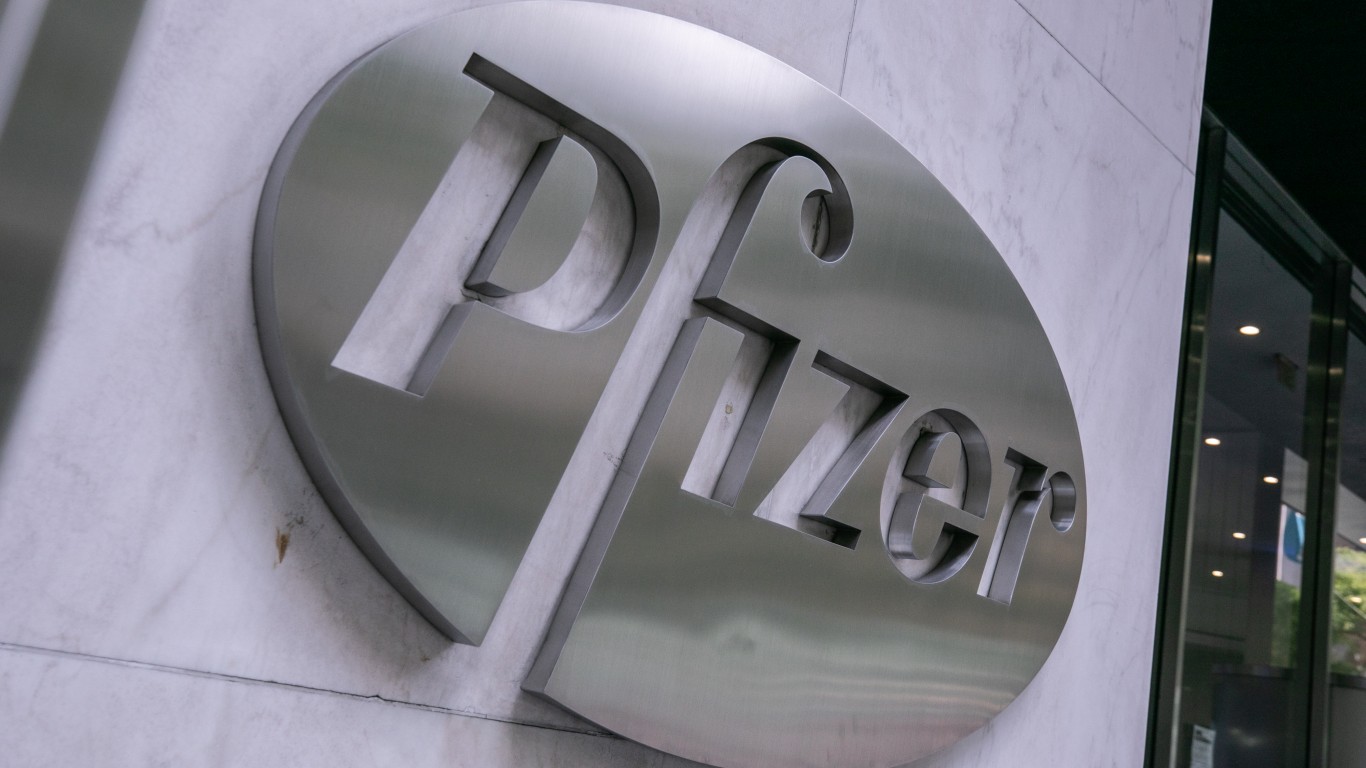 The most remarkable thing about the 30 billion euro bailout package for Greece by the euro-zone nations is the interest rate–5%. The yield on Greek sovereign debt was well over two points higher than that just last week.
The most remarkable thing about the 30 billion euro bailout package for Greece by the euro-zone nations is the interest rate–5%. The yield on Greek sovereign debt was well over two points higher than that just last week.
According to The Wall Street Journal, The finance ministers agreed Greece would pay an interest rate of around 5% for a three-year loan program, according to the European Commissioner for Economic and Monetary Affairs, Olli Rehn. Greece will try to raise the money on its own this upcoming week. The 30 billion euro nation plan is a backstop if the Greek plan fails. The IMF indicated that it has an additional 15 billion that it will invest in Greece, if necessary.
If Greece does not have a successful offering of its own, the terms of the eurozone back-up may still be too expensive for the country to handle over time.
In a document called “Statement on the support to Greece by Euro area Members States.” The group said, in part”,
“The program will cover a three-year period. The euro area Member States are ready to contribute for their part up to 30 billion in the first year to cover financing needs in a joint program to be designed with and co financed by the IMF. Financial support for the following years will be decided upon the agreement of the joint program.”
“In order to set incentives for Greece to return to market financing, Euro area Members States loans will be granted on non-concessional interest rates. The pricing formula used by the IMF is an appropriate benchmark for setting Euro area Members States bilateral loan conditions, albeit with some adjustments. Variable-rate loans will be based on 3-month Euribor. Fixed-rate loans will be based upon the rates corresponding to Euribor swap rates for the relevant maturities. A charge of 300 basis points will be applied. A further 100 basis points are charged for amounts outstanding for more than 3 years. In conformity with IMF charges, a one-off service fee of maximum 50 basis points will be charged to cover operational costs.”
“For instance, as of April 9th, for a three-year fixed-rate loan granted to Greece, the rate would be around 5%.”
Nothing in the program addresses the root causes of the Greek financial disaster which is the reason that Greece’s own auction of notes may fail. The offering by the southern European nation this week will be paper with two-year terms.
Greece’s deficit will be close to 13% of GDP this year. Greece has not presented a comprehensive plan for improving that number. Greek manufacturing production dropped 9.2% year over year in February. The number may not be reliable because statistics provided by the nation are unreliable.
Greece has also not demonstrated that it can levy higher taxes on its population or even collect the taxes that are already in force. Complicating that is the fact that many Greek workers are willing to strike to keep wages at current levels and each strike does further damage to GDP recovery.
The capital markets are unlikely to find the Greek sovereign paper that will be auctioned this week attractive. It carries too much risk. That leaves Greece with access to the euro zone financing which is particularly attractive because it is at such a large discount to the market.
Douglas A. McIntyre
Thank you for reading! Have some feedback for us?
Contact the 24/7 Wall St. editorial team.





